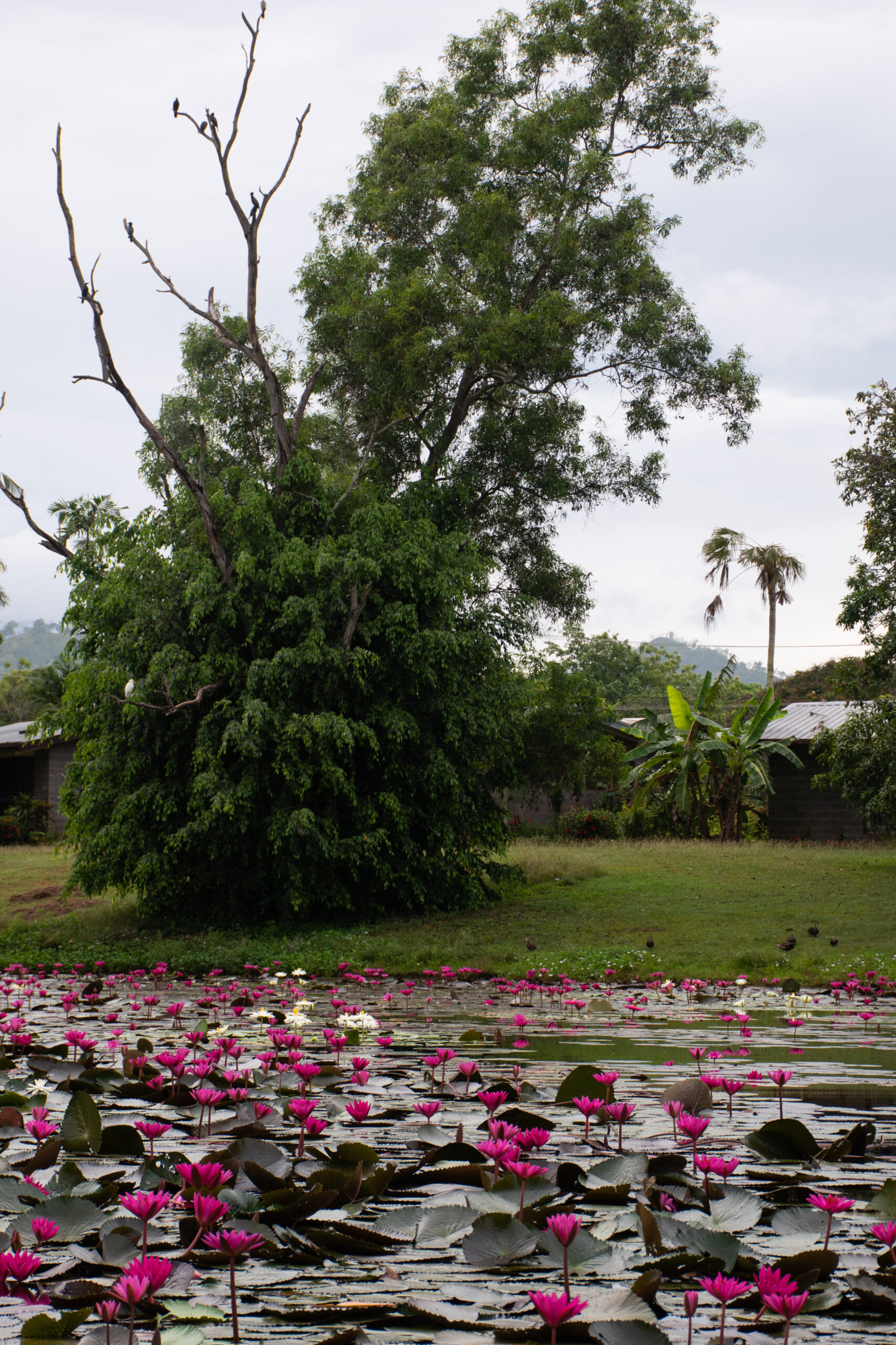
Western Province Master Plan – Papua New Guinea
Objective
To develop a comprehensive Master Plan for the Western Province that restructures agricultural support systems and introduces commercially viable and smallholder-appropriate crops across the province.
Vision
To transform Western Province—characterized by remoteness and underdevelopment—into a region where agriculture drives inclusive growth, food security, and economic opportunity through well-organized support frameworks and high-value crop production.
Challenges
Western Province is PNG’s largest and most sparsely populated region, covering over 99,000 km² with very limited infrastructureMost communities are accessible only by air, river barges, or rudimentary roads such as the Kiunga-Tabubil Highway—often unreliable during the wet season. The region faces chronic food insecurity, climatic variability (drought, irregular rainfall), and low connectivity, which hampers delivery of agricultural inputs and extension services. Agricultural extension suffers high turnover and low motivation in remote areas, further limiting productivity gains.
Planning Process
JSpenser conducted a detailed situational analysis, including:
- Site surveys across key districts, mapping terrain, access and logistics.
- Stakeholder interviews with provincial authorities, farmer groups, extension staff, and local communities.
- A review of existing agricultural structures and support systems.
- Assessment of crop suitability and institutional capacity.
Based on findings, JSpenser developed a Master Plan with both conceptual frameworks and detailed implementation steps, designed to reorganize agricultural support and introduce high-value crop enterprises.
Solutions & Outcomes
The Master Plan proposes:
- Establishment of Agro-Industrial Centres to anchor services, input supply, processing, and technical support for farmers.
- Introduction of vanilla, cocoa, and aquaculture production—crops suited to both smallholder and commercial scales.
- Training and support services delivered through extension initiatives linked to the agro-centres.
Implementation is underway across multiple locations in Western Province, laying the foundation for more diversified, resilient, and market-oriented agriculture.


